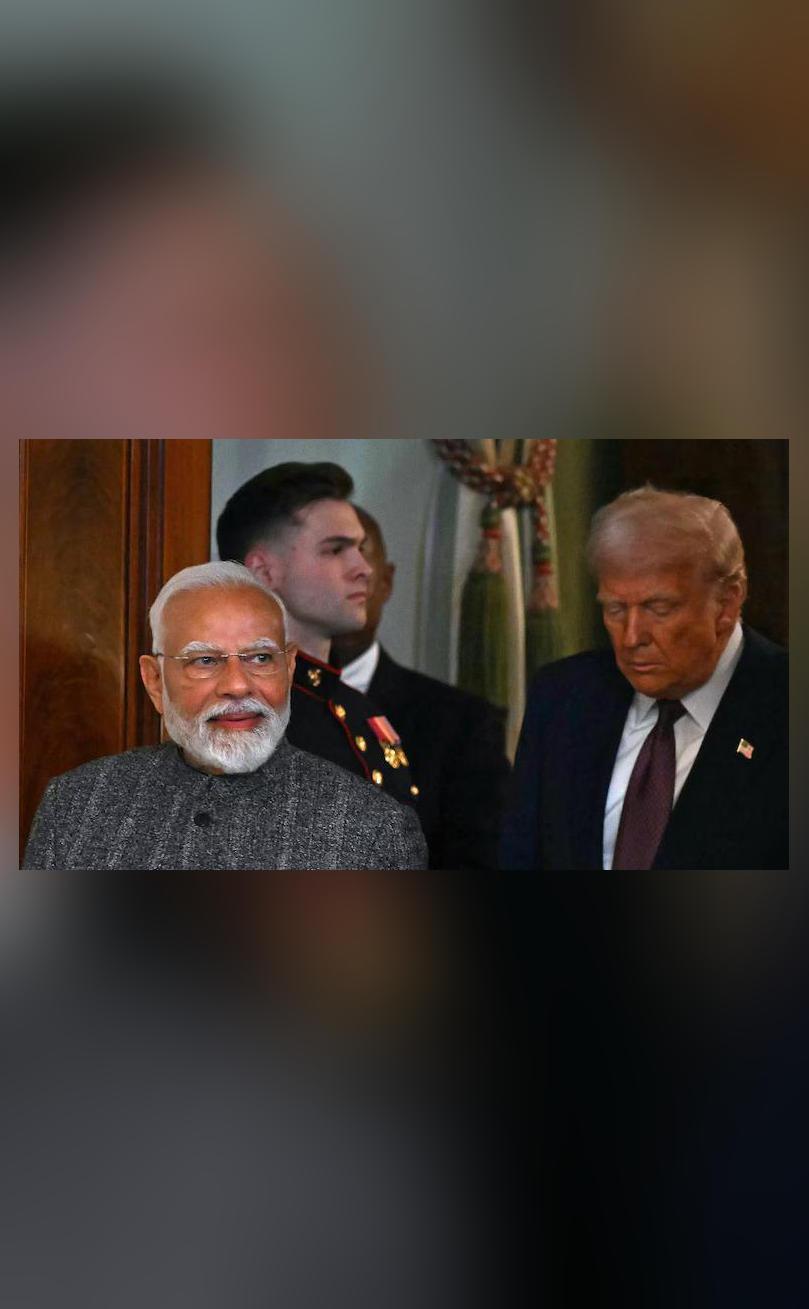
Title: Trump’s Tariffs Can Push India Closer to Russia & China: Ex-US NSA
The ongoing trade tensions between the United States and India have taken a new turn with the recent imposition of 50% tariffs on India by President Donald Trump. The decision has sparked widespread condemnation across the globe, with many experts warning of its potential far-reaching consequences. One such expert is former US National Security Advisor John Bolton, who has strongly criticized Trump’s decision, saying it could push India closer to Russia and China.
In an interview with News18, Bolton expressed his concerns about the impact of Trump’s tariffs on India, stating that it “jeopardise decades of American efforts to bring India away from Russia and China.” The former NSA emphasized that India’s strategic importance in the region cannot be overstated, and that the country’s growing economy and military capabilities make it a crucial player in global affairs.
Bolton’s warning comes at a time when India is already strengthening its ties with Russia and China. In recent years, India has signed several defense agreements with Russia, including a $2.4 billion deal for the purchase of Russian S-400 missile systems. Additionally, India has been actively engaging with China, with the two countries signing several agreements on trade, economy, and defense.
The imposition of tariffs on India by the US is seen as a major setback for the country’s economic growth. India is the US’ ninth-largest trading partner, and the country’s economy is heavily reliant on exports to the US. The 50% tariffs on Indian goods could lead to a significant decline in exports, resulting in a loss of revenue for Indian businesses and a potential slowdown in the country’s economic growth.
Moreover, the tariffs could also have a negative impact on the Indian rupee, which has already been affected by the trade tensions between the US and China. A weaker rupee could lead to higher inflation, making it more challenging for Indian businesses to operate and compete globally.
Bolton’s concerns about India’s potential shift towards Russia and China are not unfounded. In recent years, India has been actively seeking to diversify its foreign policy and economic ties, and the country is now looking towards other major economies, including the European Union, Japan, and South Korea.
The Indian government has also been actively engaging with China, with the two countries signing several agreements on trade, economy, and defense. India has also been strengthening its ties with Russia, with the two countries signing several defense agreements and engaging in joint military exercises.
In addition to the economic implications, Bolton’s warning also has significant strategic implications. India’s growing economy and military capabilities make it a crucial player in global affairs, and the country’s strategic location in the Asia-Pacific region makes it a key player in the global balance of power.
As the US and India continue to engage in trade tensions, it is essential for both countries to recognize the potential consequences of their actions. The imposition of tariffs on India could lead to a significant decline in exports, resulting in a loss of revenue for Indian businesses and a potential slowdown in the country’s economic growth.
Moreover, the tariffs could also have a negative impact on the Indian rupee, leading to higher inflation and making it more challenging for Indian businesses to operate and compete globally. It is essential for both countries to engage in constructive dialogue and find a mutually beneficial solution to their trade tensions.
In conclusion, Bolton’s warning about the potential consequences of Trump’s tariffs on India is a timely reminder of the need for both countries to engage in constructive dialogue and find a mutually beneficial solution to their trade tensions. The imposition of tariffs on India could lead to a significant decline in exports, resulting in a loss of revenue for Indian businesses and a potential slowdown in the country’s economic growth.
Moreover, the tariffs could also have a negative impact on the Indian rupee, leading to higher inflation and making it more challenging for Indian businesses to operate and compete globally. It is essential for both countries to recognize the potential consequences of their actions and work towards finding a solution that benefits both nations.






